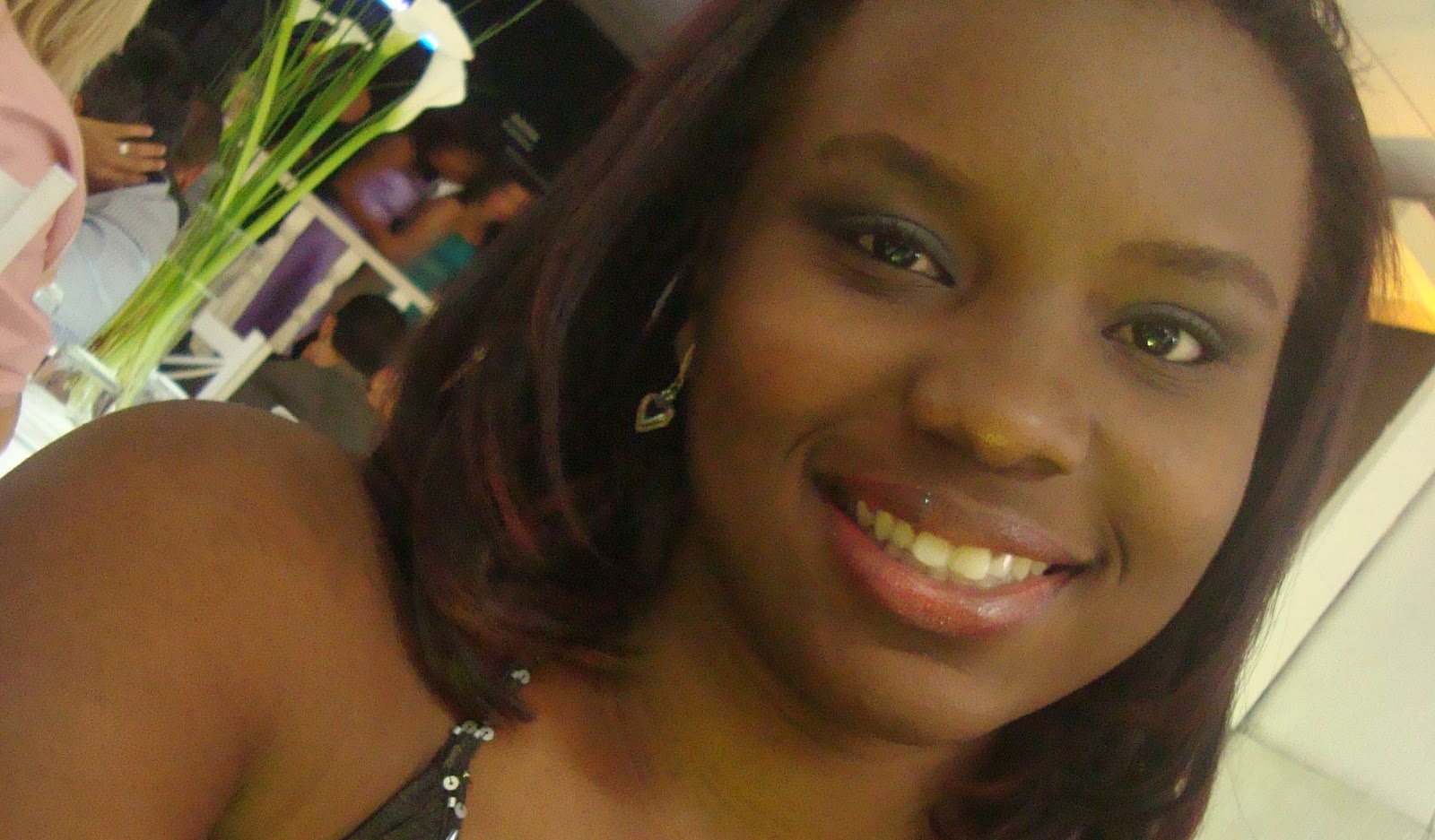Cameroon's gay rights lawyer due for amnesty award likens homophobia to apartheid
Posted by Sylvester
on Monday, March 17, 2014
0
Sponsored Advertisement?
CAMEROONIAN lawyer Alice Nkom who is set to receive a human rights
prize from Amnesty International in Berlin this week in recognition of
her work with gays has declared that the country is suffering from
anti-homosexuals apartheid.
Ms Nkom, 69, is a veteran campaigner who has fought doggedly for gay rights and in recognition of her work will be honoured by the German branch of Amnesty International tomorrow. Amnesty International said Ms Nkom has spent a decade defending gays and lesbians in Cameroon where same-sex relations carry a jail term.
Homosexuality is banned in Cameroon, where it has carried a prison term of five years since 1972. In a society that remains hostile to gays and lesbians, the mere suspicion of being homosexual is often enough to trigger someone being charged and hauled in front of a court.
Ms Nkom said: “When a country uses weapons, the police and all available legal and prison means against a section of its population, which it has a commitment to protect, it is apartheid. Currently in Cameroun, it’s an anti-homosexuals apartheid.”
She drew a comparison between the situation in Cameroon and that of slavery in the US describing the situation for gays as a human rights problem. Pointing to the example set by South Africa’s late anti-apartheid leader Nelson Mandela, Ms Nkom disputes the idea that homophobia is an intrinsically African problem, saying said that the continent’s values are anchored in non-discrimination.
Sexual relations between same-sex couples are currently illegal in at least 76 countries, 36 of which are in Africa, according to Amnesty International. Ms Nkom urged Western countries to stand firm in challenging African discrimination against gays, referring to critics who claim that homosexuality is a Western import.
“Europeans are wrong to get intimidated when Africans say to them don’t interfere or it’s you who brought us that. Every time a homosexual is negatively affected, it’s a negative effect on all of humanity,” Ms Nkom added.
She pointed in particular to Uganda where President Yoweri Museveni last month signed a bill under which repeat homosexuals are jailed for life. Under the Draconian law, the promotion of homosexuality is banned and people are required to report homosexuals to the authorities.
“You cannot let him carry out such a barbarity on a section of his people without saying anything,” Ms Nkom added. She called for sanctions against President Museveni and his family, including a visa ban for foreign travel.
From her office in Cameroun’s port city of Douala, Ms Nkom chairs Adefho, an association for the defence of homosexual rights, which provides medical aid and psychological support for gays and lesbians. She added that over the last 10 years, some progress has been made in breaking a taboo but daily life for Cameroonian homosexuals remains full of fear.
Ms Nkom, 69, is a veteran campaigner who has fought doggedly for gay rights and in recognition of her work will be honoured by the German branch of Amnesty International tomorrow. Amnesty International said Ms Nkom has spent a decade defending gays and lesbians in Cameroon where same-sex relations carry a jail term.
Homosexuality is banned in Cameroon, where it has carried a prison term of five years since 1972. In a society that remains hostile to gays and lesbians, the mere suspicion of being homosexual is often enough to trigger someone being charged and hauled in front of a court.
Ms Nkom said: “When a country uses weapons, the police and all available legal and prison means against a section of its population, which it has a commitment to protect, it is apartheid. Currently in Cameroun, it’s an anti-homosexuals apartheid.”
She drew a comparison between the situation in Cameroon and that of slavery in the US describing the situation for gays as a human rights problem. Pointing to the example set by South Africa’s late anti-apartheid leader Nelson Mandela, Ms Nkom disputes the idea that homophobia is an intrinsically African problem, saying said that the continent’s values are anchored in non-discrimination.
Sexual relations between same-sex couples are currently illegal in at least 76 countries, 36 of which are in Africa, according to Amnesty International. Ms Nkom urged Western countries to stand firm in challenging African discrimination against gays, referring to critics who claim that homosexuality is a Western import.
“Europeans are wrong to get intimidated when Africans say to them don’t interfere or it’s you who brought us that. Every time a homosexual is negatively affected, it’s a negative effect on all of humanity,” Ms Nkom added.
She pointed in particular to Uganda where President Yoweri Museveni last month signed a bill under which repeat homosexuals are jailed for life. Under the Draconian law, the promotion of homosexuality is banned and people are required to report homosexuals to the authorities.
“You cannot let him carry out such a barbarity on a section of his people without saying anything,” Ms Nkom added. She called for sanctions against President Museveni and his family, including a visa ban for foreign travel.
From her office in Cameroun’s port city of Douala, Ms Nkom chairs Adefho, an association for the defence of homosexual rights, which provides medical aid and psychological support for gays and lesbians. She added that over the last 10 years, some progress has been made in breaking a taboo but daily life for Cameroonian homosexuals remains full of fear.
Tagged as: News
 Lisa Okeke
Lisa Okeke
Lisa is the head editor of Daily News 9ja. Stay upto date with breking news and live stories by following us on twitter and Facebook
Get Updates
Subscribe to our e-mail newsletter to receive updates.
Share This Post
Related posts












0 comments: